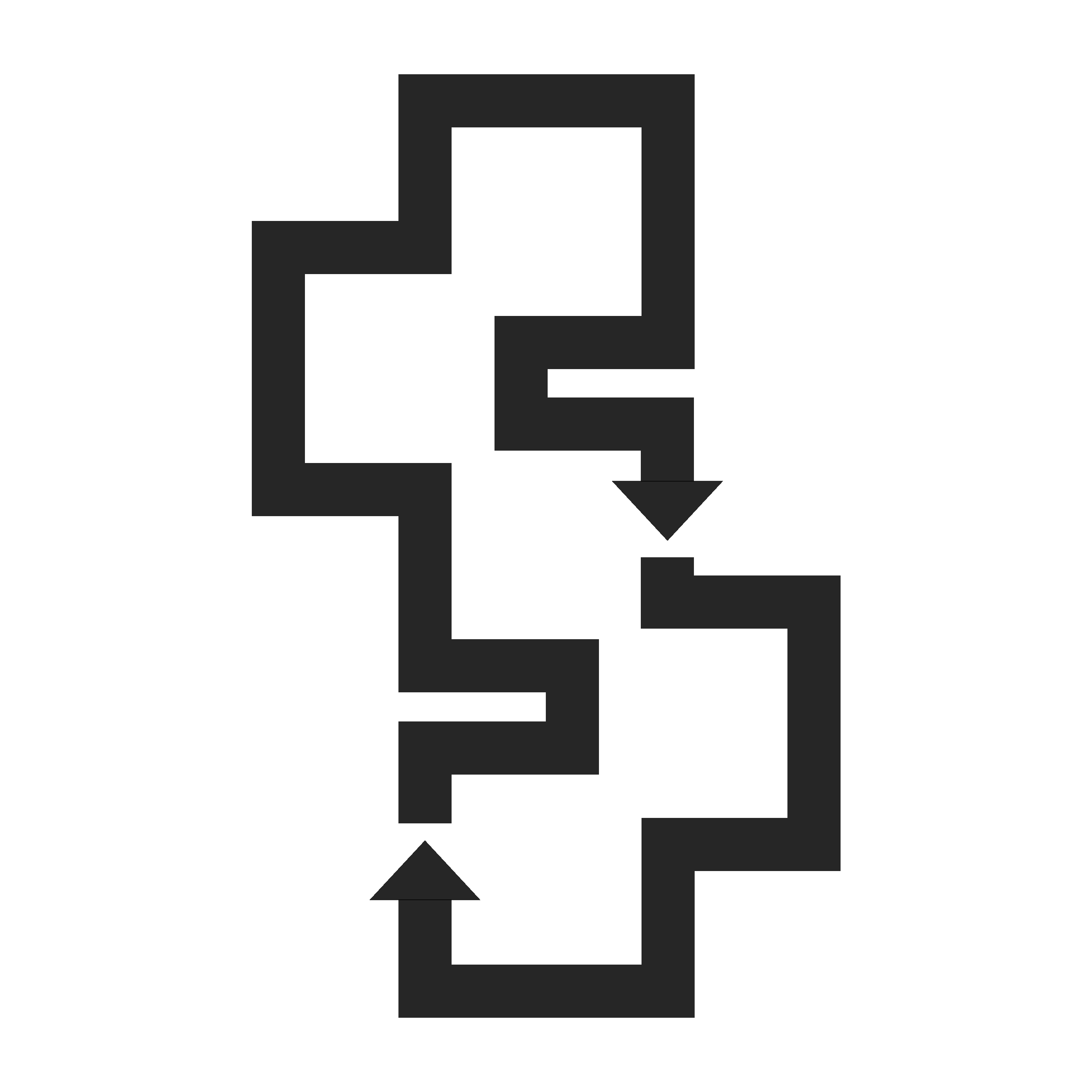Andrea Redi (2020): Regenerative Urban Living, 1st reviewer: Markus Blaschitz, 2nd reviewer: Hansjörg Tschom; 217 pages, German
The city is a complex system created by humans. Complex systems that renew themselves over and over again are also found in nature. From a closer examination of biological systems and the comparison with man-made systems, principles are derived that can be applied to the development and implementation of residential structures, leading to regenerative urban environments.
At any rate, the considerations are based on the needs of the resident and the inhabitant of an "inclusive" society in dense urban environments, as by 2050 already 80% of the world's population will already be living in cities. Therefore, the central research questions of the present work are what different conceptions and planning are necessary in the housing development in order to be able to meet the diverse, heterogeneous demands of the urban population and how the housing structures have to be redefined in order to make a contribution to the regeneration of the urban systems.
The approaches to solution pursued in this work are the interdisciplinary approach, the consideration of different disciplines and perspectives in the development of urban living structures, the transfer of biological principles into housing developments and the activation of the buildings, the urban landscape and the inhabitants. Furthermore, the developed "design principles" are examined with specific examples. The strategies derived from this will help interdisciplinary project teams design, plan and implement regenerative housing structures in cities.
